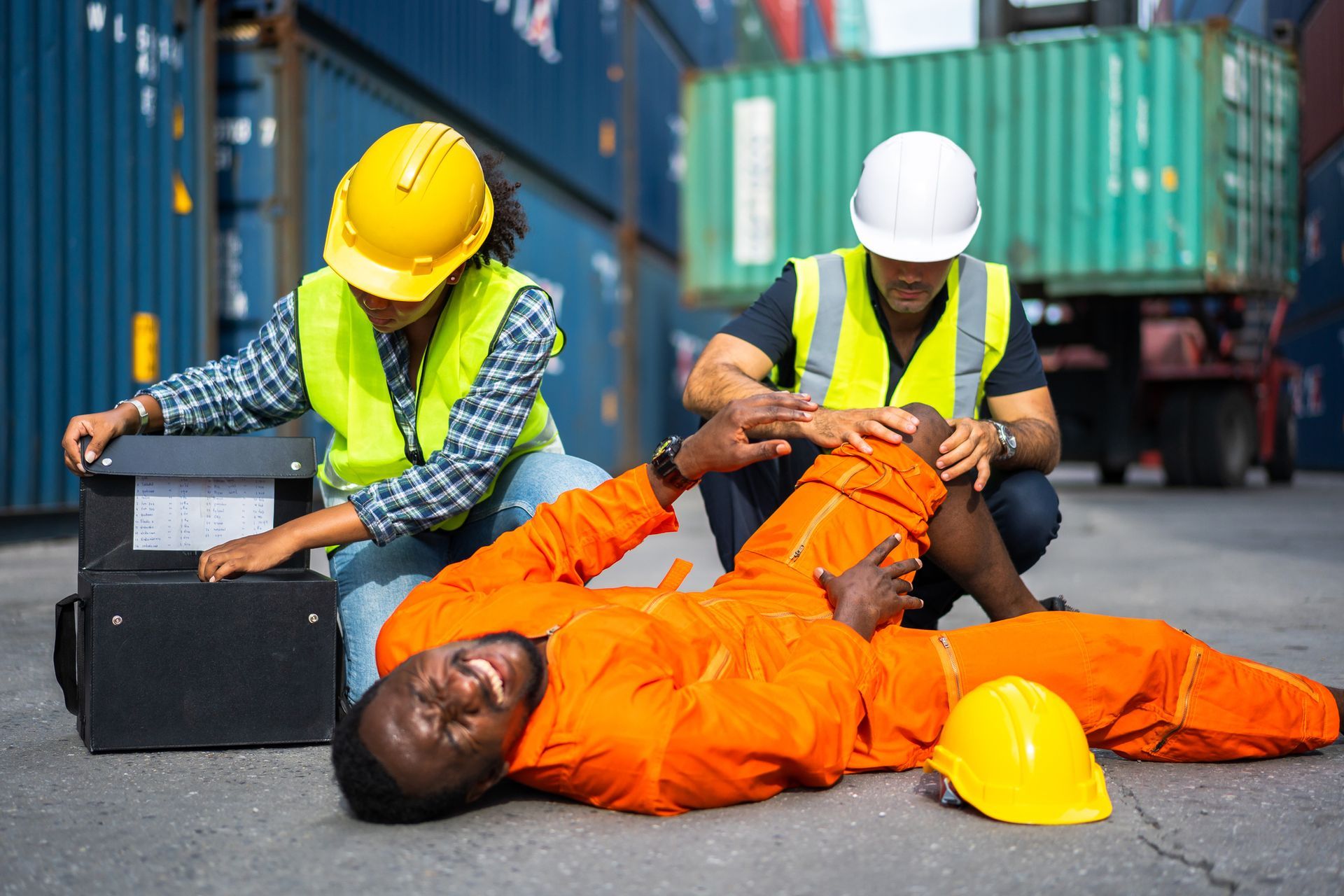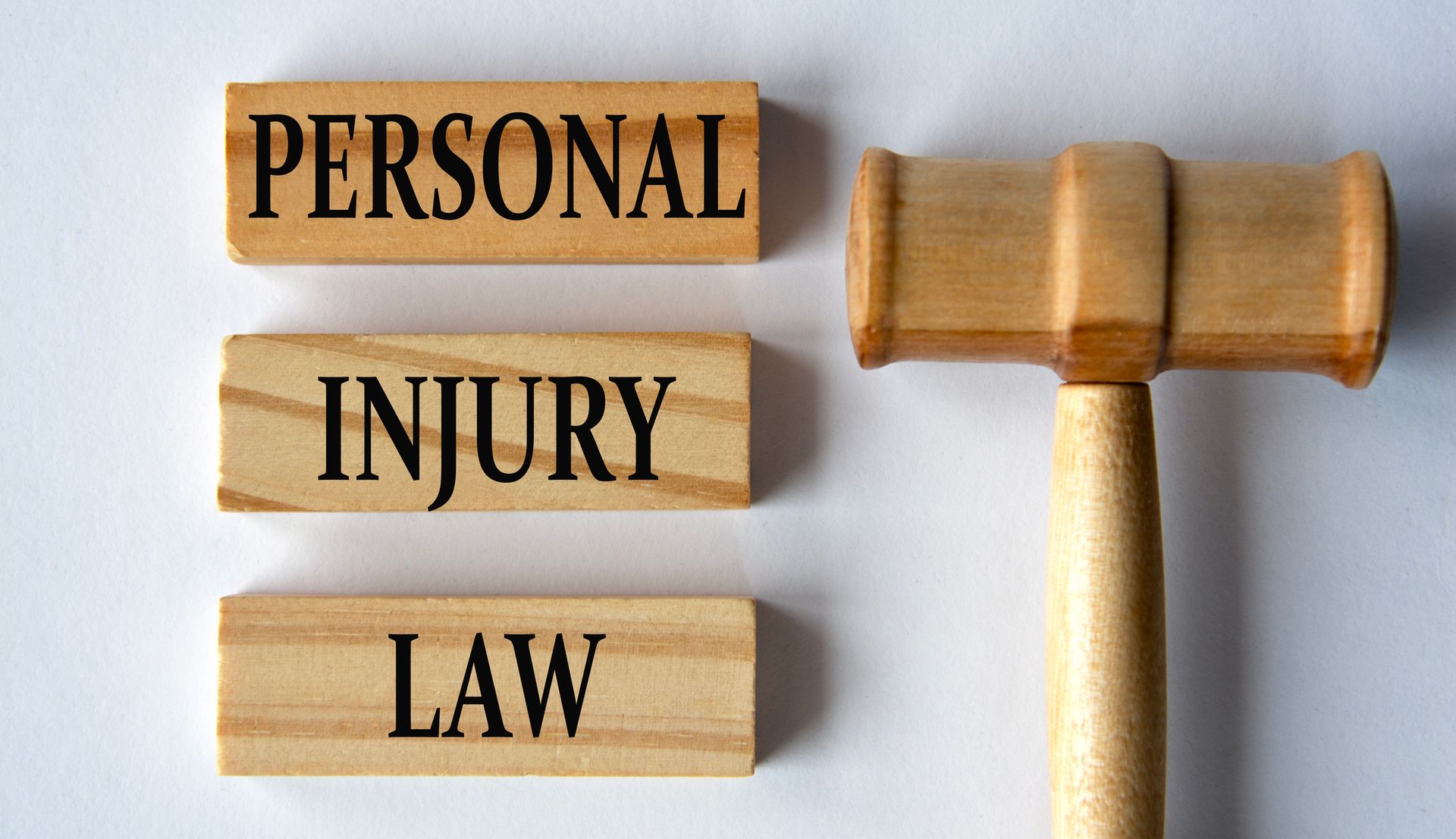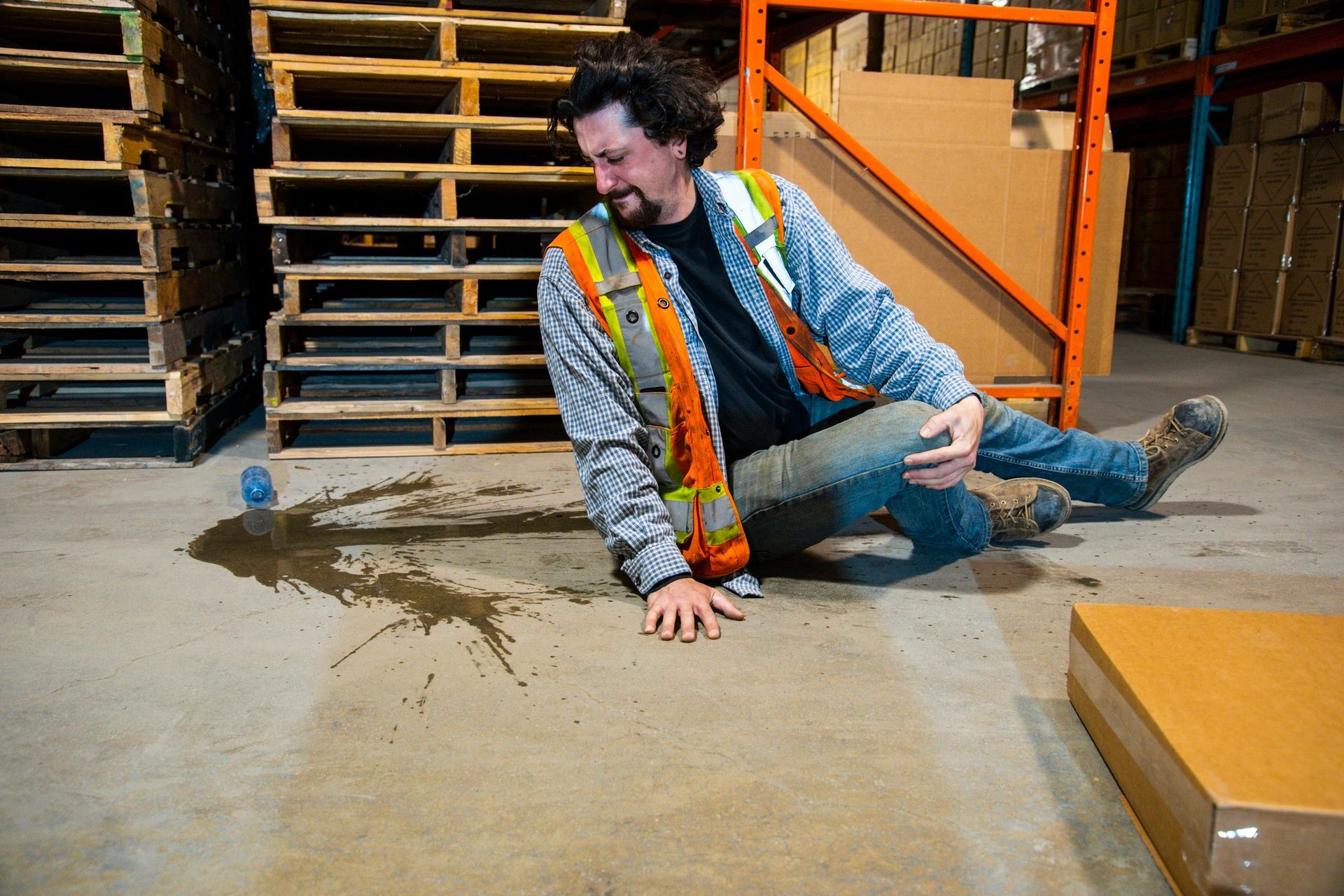Natural Disasters Close Schools
America's Schools Close--Again
NATURAL DISASTERS HIT SCHOOL DISTRICTS HARD
An influx of natural disasters from wildfires to floods to hurricanes to tornadoes – exacerbated by climate change – have ravaged America’s schools since students returned to in-person learning after the COVID-19 pandemic. And manmade disasters from lead in drinking water to asbestos in school buildings are playing a role.
This school year alone, devastating wildfires exacerbated by winds from Hurricane Dora ravaged one school and damaged three others in Maui. And winds from category three Hurricane Idalia destroyed the roof of an elementary school in Hoboken, Georgia. Kids attending schools without air conditioning were sent home at the beginning of the school year in Philadelphia, Puerto Rico and in other areas of the mid-Atlantic and Northeast because of extreme heat. Last school year, torrential rains and damaging winds from Hurricane Fiona ravaged schools in Puerto Rico, and schools closed in pockets of California after a bomb cyclone and Pacific storms caused flooding. A tornado in Whiteland, Indiana dismantled internet connection for families across the region.
On top of these natural disasters wreaking havoc with the ability of children to attend school, some man-made problems also shut down centers of learning. Old buildings that were found to be lined with asbestos led to closures of at least six campuses across Philadelphia – sending thousands of kids to cram into other occupied schools. Lead in drinking water supplies has disrupted classes in Jackson, Mississippi. And of course, the pandemic caused millions of students to lose crucial learning time, something for which teachers and school districts are still struggling to compensate.
Earlier this month, record-breaking temperatures across the Mid-Atlantic and Northeastern states caused schools to close or dismiss students early. A heat wave persisted that caused temperatures to rise to 10 degrees above normal, putting some 61 million people under heat advisories at one point.
Puerto Rico, the nation’s 6th largest school district, is a case study in how natural disasters of different kinds can affect the education of the district’s children. In 2017, Hurricane Maria devastated the island, closing most schools for an average of 4 months. Beginning in 2019, a series of earthquakes rocked the island, closing schools for another three months. A few weeks after they reopened, they closed again because of COVID-19. Many students struggled with virtual learning and fell far behind. In September 2022, Hurricane Fiona unleashed a furious attack on the island, causing widespread flooding and infrastructure damage. Schools shut again — a year and a half after in-person schooling had finally resumed — this time for two weeks.
THE EMOTIONAL TOLL ON STUDENTS
Feeling safe and having shelter are basic needs that must be met before people have space to worry about anything else, like acing a math test. These natural disasters — which may involve relocating to temporary housing or awaken new fears about environmental dangers — set people back. “Without these needs being met due to the aftermath of extreme weather, children will be unable to leave the angst and anxiety of having those needs unmet,” says Schubert. “It will not be possible for them to engage in other areas of life until safety and shelter is no longer their primary concern.”
HOW PARENTS CAN HELP
“Parents can play a pivotal role by demonstrating through their own behavioral responses how to cope with these disturbances,” Schubert says. He explains that during stressful times, kids are likely to watch their parents and behave similarly. Parents who model healthy coping strategies help their children cope with stressful weather events.
Extreme weather events have been increasing in frequency and severity over the last few decades — and, according to experts, will continue on this trajectory. Whether it's wildfires, hurricanes high temperatures, extreme heat, tornadoes, flooding or some other natural disaster, kids will usually notice when something is off. Talking about the extreme weather in age-appropriate ways can lead to children expressing their fears and frustrations, allowing parents and educators to better address their anxieties. If the extreme weather is directly impacting the area where you reside, it may be beneficial to start the conversation with a question," Hillary Ammon, a clinical psychologist at the Center for Anxiety & Women's Emotional Wellness, said. If there are wildfires near you, for example, she says you can say something like "Have you noticed that it looks a bit hazy outside today?" or "Have you noticed that it smelled like smoke outside?" "This can prompt your children to share what they already know about the extreme weather event so that you have a gauge of how to address it," she says.
It can be helpful to show children how you can have some control in your response to extreme weather. That can include things like staying indoors when it's smoky out or there's a heat wave and wearing a face mask outdoors when the air quality is poor. It’s important to discuss the extreme weather in a way that is age-appropriate and stick to the facts. Remember to limit their exposure to the news or images of the extreme weather to avoid raising their anxiety about the event.
CONTACT YOUR ATTORNEY
If you or someone you know has suffered injury or loss due to an extreme weather event, contact Dave Thomas at The Thomas Law Firm for a free evaluation of your legal rights.








